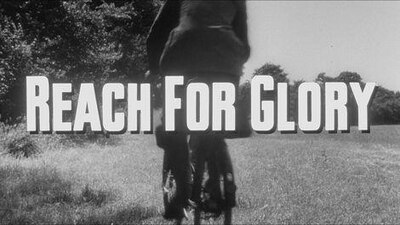Philip Leacock

About
Biography
Biography
Philip Leacock is a British-born film and TV director who came to international recognition in the 1950s with realistic documentary-style dramas. The London-born Leacock spent much of his childhood at a liberal English boarding school in the Canary Islands. After a brief stint as a cinematographer for documentary films, Leacock began working as a director on fictional films with a strong realist bent, akin to the films Vittorio de Sica was making in post-war Italy. Films such as his 1952 feature "The Brave Don't Cry," based on a real-life 1950 Scottish mining disaster, had a strong documentary feel despite being scripted. Leacock continued to garner international acclaim with "The Little Kidnappers," a heart-wrenching tale of two young orphans who attempt to "adopt" an infant child. Lured by the promise of Hollywood, Leacock's attempts to break into the American market-the Steve McQueen action vehicle "The War Lover" and the comedy "Tamahine"-were unfortunately met with a muted response. Beginning in the 1970s, Leacock became better known for directing American TV programs, racking up dozens of credits on popular programs such as "Gunsmoke" and "The Waltons."
Filmography
Director (Feature Film)
Producer (Feature Film)
Production Companies (Feature Film)
Director (Special)
Life Events
Videos
Movie Clip




Trailer
Family













